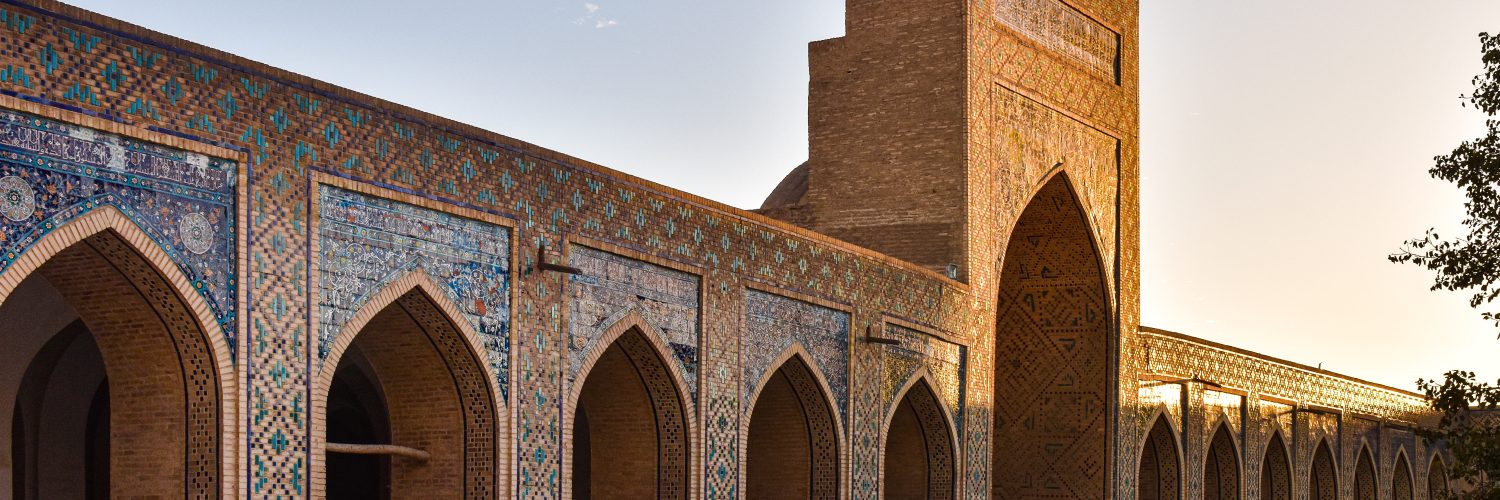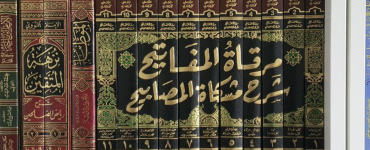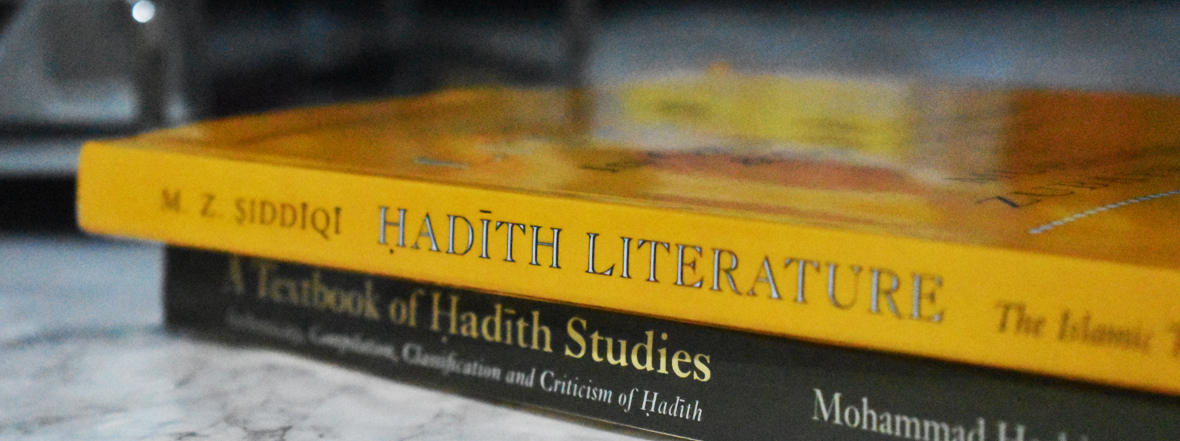ʿAllāmāʾ Suyūṭī relates [through his chain] that Muḥammad ibn Aḥmad said: “When Abū ʿl-ʿAbbās Walīd ibn Ibrāhim was deposed as the chief justice of Rayy [formally of the great cities of Persia located a few miles from present-day Tehran] and came to Bukhara, my teacher, Abū Ibrāhīm al-Khatallī took me with him to see Walīd. My teacher requested him to narrate to me those ḥadīths that he had heard from his teachers. He replied, “I have not heard anything from them. My teacher was quite shocked and remarked, ‘How can you say that you have not heard anything from them though you are a well-read scholar?’
Walīd then related his story saying, ‘When I became a rational and mature adult and developed a passion toward the science of ḥadith, I went to Imām Bukhārī (may Allah be pleased with him) and explained my intentions to him. He advised me thus, “Son, before you set out to pursue any field, make sure you are well-grounded with its prerequisites and demands. And remember that a person cannot become a perfect scholar in the science of ḥadīth (muḥaddith) until and unless he writes four things with four other things, which are as indispensable as four things, which resemble four other things. [He must write these things] in four times, with four conditions, in four places, upon four things, from four types of people, and for four objectives. All of these four angled things can only be achieved with another four things coupled with another four. Once all these things are achieved, four things will become insignificant before him and he will be tried with four other things. If he exercises patience in these four trials, Allah Most High will honor him with four things in this world and award him four things in the hereafter.”
I said, “May Allah Most High have mercy upon you. Please explain these four-angled things for me.” He said, “Certainly. The four things he has to write are:
- The statements and commands of Allah’s Messenger
- The sayings of the Companions and their relative ranks,
- The sayings of the Followers and their ranks [i.e., who among them are reliable and who are not], and
- The conditions of all the narrators who narrate hadiths.
These [four pieces of information] must be written together with the following four things:
- The actual names of the narrators,
- Their appellations or titles (kunā),
- Their places of residence, and
- Their dates of birth and death [to determine whether the narrator actually met the people he has narrated from].
[These are indispensable to him] just [as four things are necessary with four other things:]
- As praises (taḥmīd) of Allah Most High [are necessary] with the khuṭba,
- As salutations (ṣalawāt) [are necessary] with mention of the Name of Allah’s Messenger,
- As [the recitation of] bismillah [is necessary] with a sura [of The Qur’an], and
- As the takbīr [is necessary) with the prayer.
These resemble four other things [that are names of four categories of ḥadīth]:
- The musnadāt (narrations traceable to the Messenger),
- The mursalāt (narrations transmitted by a Follower from theMessenger directly without a Companion in between).
- The mawqūfāt (narrations traceable only to Companion), and
- The maqtūʾāṭ (narrations traceable only to a Follower).
- In his childhood,
- In his age of discernment [i.e., close to maturity].
- In his youth, and
- In his old age.
[In other words, he must continue acquiring ḥadīths at all times throughout every stage of his life. They must be written] under four conditions:
- While he is occupied,
- While he is free,
- In his poverty, and
- In his affluence.
[In other words, he must diligently pursue the knowledge of these things no matter what his circumstances may be. This is done] at four places:
- In mountainous terrain,
- On the seas,
- In cities, and
- In rural areas.
[In other words, he must endeavour to acquire this science from the right teacher, no matter where that teacher is located. He writes what he has acquired) upon four things:
- Upon stones,
- Upon shells,
- Upon skins, and
- Upon bones.
[In other words, even when he does not find paper he will continue recording it somewhere) until he finds the paper upon which to preserve it. [He acquires it from four different types of people:]
(1) from his seniors,
(2) from his juniors,
(3) from his peers, and
(4) from the books of his father, provided he has firm conviction that these are his father’s books.
In other words, he endeavours to acquire this science in every way possible without feeling ashamed to obtain it even from his juniors. He has four objectives for doing all of these things:]
(1) to acquire this [science] solely for the pleasure of Allah Most High.
(2) to practice upon the hadiths that conform to the verses of the Qur’an,
(3) to propagate [the science] to those who seek it, and
(4) to write it out so that it can be a source of guidance to those who will come after him.
Thereafter, the above four things cannot be acquired [unless he has first acquired] four other things that are part of human acquisition:
(1) the knowledge of how to read and write,
(2) lexicography and vocabulary,
(3) morphology, and
(4) syntax,
Together with four other things that are not of human acquisition, but are bestowed by Allah Most High:
(1) Sound health,
(2) Ability,
(3) An ardent desire for learning, and
(4) A retentive memory.
Once he attains all the above four-angled things, four things will become insignificant before him:
- His family.
- His children,
- His wealth, and
- His native land.
He will then be afflicted with four things:
- His enemies will rejoice at his distress,
- His friends will reproach him,
- The ignorant will taunt him, and
- The scholars will envy him.
Once he exercises patience over these calamities, Allah Most High will honour him with four things in this world:
- The honour of contentment (qānā’a),
- Conviction coupled with awe and dignity,
- The pleasure of sacred knowledge, and
- Eternal life.
[On top of that,] Allah Most High will honour him with four things in the Hereafter:
- The honour of intercession on behalf of whomever he pleases.
- The shade of the throne of Allah Most High on the day when there will be no shade except the shade of His throne,
- The privilege to provide water to whomsoever he pleases from the pool of Muhammad (al-Kawthar), and
- Close proximity with the prophets in the Highest of the High Places (a’lā ‘illiyīn).
So now, my son, I have told you whatever I have heard from my teachers (mashā’ikh). Now you have the choice to either pursue this field or to abstain from it” (Tahdhib al-Kamal 6:236).
Excerpt taken from: The Differences of the Imams, pg 61 – 65, Shaykh Muhammad Zakariya Kandhlawi (Translated by Mawlana Muhammad Kadwa, Published by: White Thread Press)






